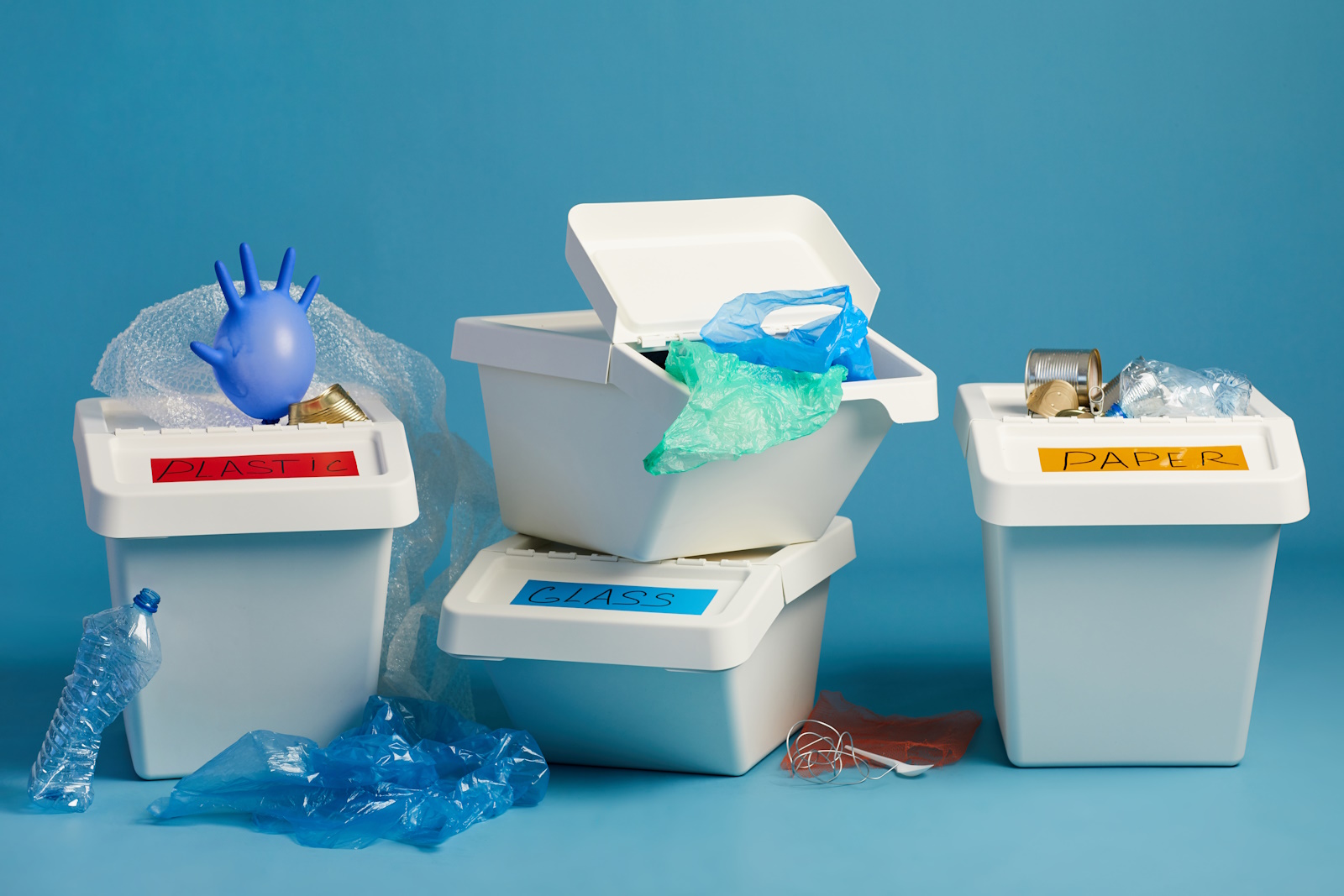Role of Healthcare Facilities in Medical Disposal Waste
Proper management of medical disposal waste is essential for healthcare facilities to ensure public safety, comply with legal regulations, and protect the environment. With rising concerns over health and environmental impacts, it has become more important than ever for healthcare institutions to implement effective waste management strategies. This blog will explore the legal responsibilities of healthcare facilities in medical waste disposal, the classification of medical waste, the importance of training healthcare staff, and how lean healthcare practices can help reduce waste.
The Legal Responsibilities of Healthcare Facilities in Medical Waste
Healthcare facilities are bound by strict laws and regulations that govern the management of medical disposal waste. These regulations are primarily designed to protect the public, healthcare workers, and the environment from the harmful effects of improper waste management. In the United States, for example, the Occupational Safety and Health Administration (OSHA) provides guidelines that aim to ensure the safety of healthcare workers while handling hazardous waste. Similarly, the Environmental Protection Agency (EPA) regulates the disposal of medical waste to prevent environmental contamination.
In South Africa, the Department of Environmental Affairs enforces policies related to the safe handling and disposal of medical waste. The National Environmental Management: Waste Act (2008) provides a framework for the effective management of waste, including medical waste, by all healthcare facilities. Compliance with these regulations is mandatory for healthcare institutions, and failure to meet the requirements can result in hefty fines and legal consequences.
Healthcare facilities must ensure that they comply with these regulations by implementing effective waste segregation, labelling, storage, and disposal practices. These measures are designed to reduce the risks associated with infectious and hazardous medical waste, ensuring both patient and public safety.
Classification of Medical Waste in Healthcare Settings
One of the most crucial steps in managing medical disposal waste effectively is correctly classifying the different types of waste generated in healthcare facilities. Medical waste can be broadly categorised into several categories, each requiring a different handling and disposal approach.
- Infectious Waste: This category includes waste that is contaminated with pathogens, such as used bandages, blood-soaked materials, and soiled equipment. Infectious waste must be treated with extreme care to prevent the spread of disease and must be disposed of in special containers to avoid cross-contamination.
- Hazardous Waste: These are materials that pose a significant risk to health and the environment, such as toxic chemicals, heavy metals, and radioactive materials. Hazardous medical disposal waste requires specialised treatment and disposal methods to mitigate potential harm.
- Pharmaceutical Waste: Expired or unused medications, as well as those that are no longer needed, fall under this category. Pharmaceutical waste must be managed to ensure it does not contaminate water supplies or harm the environment.
- Sharps Waste: This includes items such as needles, syringes, scalpels, and other sharp objects that could cause injury. Sharps waste must be disposed of in puncture-resistant containers to prevent accidents and infections.
By segregating these categories of medical disposal waste, healthcare facilities can ensure that each type of waste is disposed of safely and in compliance with legal requirements.
Training Healthcare Staff in Medical Waste Disposal Procedures
A key factor in effective medical disposal waste management is the ongoing training of healthcare staff. Staff members at all levels of a healthcare facility must be equipped with the knowledge and skills necessary to handle, segregate, and dispose of medical waste properly.
Healthcare workers should receive training in the correct classification of medical waste, the appropriate disposal methods, and the importance of compliance with safety regulations. Regular training ensures that all staff members remain aware of current best practices and legal requirements.
Training should also focus on the safe handling of sharps, the importance of wearing protective gear, and emergency response procedures in case of spills or exposure to hazardous materials. In addition, staff should be educated on the potential environmental impact of improper waste disposal and the importance of reducing waste generation.
It is essential for healthcare facilities to establish a system of continuous education to ensure that staff are always up-to-date with the latest waste management practices and regulations. This not only enhances safety but also helps the facility maintain compliance with legal requirements.
Waste Minimisation through Lean Healthcare Practices
One of the most effective ways to reduce medical disposal waste is by implementing lean healthcare practices. Lean methodologies, which focus on eliminating waste and improving efficiency, can be applied to medical waste management to create more sustainable and cost-effective solutions.
By adopting lean principles, healthcare facilities can identify areas where waste is being generated unnecessarily and work to eliminate or reduce that waste. For example, by streamlining the supply chain and avoiding overstocking, facilities can prevent the accumulation of expired medications and unused equipment that would otherwise contribute to medical disposal waste.
Standardising medical procedures and improving operational efficiency can also help reduce waste. This includes optimising the handling of medical supplies, ensuring that only the necessary amount of materials is used, and eliminating practices that lead to excess waste generation.
Implementing lean practices not only helps healthcare facilities manage medical waste more effectively but also contributes to cost savings and environmental sustainability. By fostering a culture of continuous improvement and waste reduction, healthcare institutions can create a more efficient and responsible waste management system.
Conclusion
Managing medical disposal waste is a complex but essential responsibility for healthcare facilities. By understanding and adhering to legal regulations, classifying waste correctly, training staff in proper disposal procedures, and embracing lean healthcare practices, healthcare institutions can create a safer, more efficient, and more environmentally responsible waste management system.
At A-Thermal, we understand the challenges healthcare facilities face when it comes to managing medical disposal waste. Our team is dedicated to providing expert solutions that help healthcare providers comply with regulations, improve waste management efficiency, and minimise environmental impact. If you’re looking for professional advice or assistance in managing your medical waste, don’t hesitate to contact us today.







